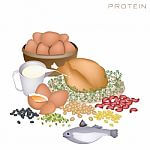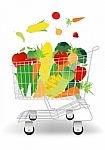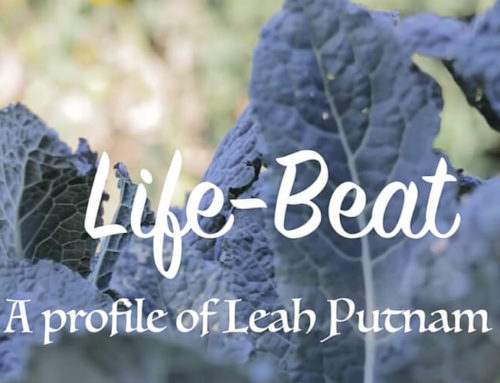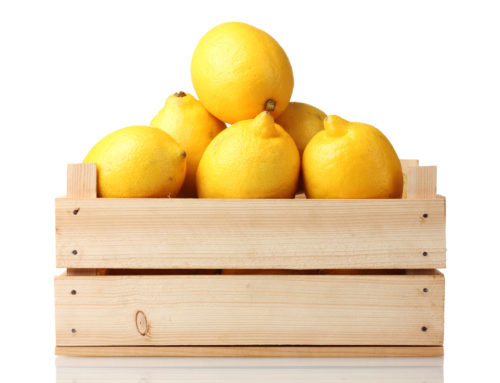As a vegan, meaning I don’t eat any animal based food sources I often run into the question, “Where do you get your protein?” This question can be understandable looking from the outside in, so I want to talk about Protein Essentials for Vegans. Eating only fruits, vegetables, a few spouted grains, beans, nuts and seeds can appear to be a “protein poor” diet, but when you dig a little deeper you’ll find that it couldn’t be further from the truth.
 First, it’s important to get an insight about when and why this misconception entered into our everyday knowledge base. You see, way back in 1914 two researchers pioneered the study of protein requirements of laboratory rats. What they found was that the rats grew and thrived better on animal sources of protein than vegetable sources of protein, or in other words, animal proteins were complete proteins and vegetable proteins were incomplete proteins. This led to the conclusion that animal sources were a superior protein source for humans.
First, it’s important to get an insight about when and why this misconception entered into our everyday knowledge base. You see, way back in 1914 two researchers pioneered the study of protein requirements of laboratory rats. What they found was that the rats grew and thrived better on animal sources of protein than vegetable sources of protein, or in other words, animal proteins were complete proteins and vegetable proteins were incomplete proteins. This led to the conclusion that animal sources were a superior protein source for humans.
Protein Essentials for Vegans
In the 1940’s Dr. William Rose undertook an extensive study to determine the amino acid requirements of humans. Amino acids are the building blocks of proteins. This study took over 13 years to complete and what Dr. Rose uncovered was that there are 20 different amino acids that make up proteins found in rats and humans. Of these 20 amino acids, 10 were essential ( not manufactured from within the body and need to be brought in from an outside source by way of food) for a rats diet but that only 8 were essential for a human diet. Dr. Rose not only determined that there are 8 essential amino acids that make up the needs of humans but also the required levels of these amino acids. He determined that humans required 2.5% of total calories as protein. He noticed that there were slightly varying amounts of protein level needs between the different test subjects in this study, so to add in an extra layer of safety he doubled the required amounts to be 5%. Kind of over kill but better to err on the side of caution.
kill but better to err on the side of caution.
Now by comparing the amount of each amino acid with a specific food you just have to look at the nutrient profile of each amino acid to determine if it is a complete protein or not. Guess what, all whole plant based foods of fruits, vegetables, nuts, seeds, legumes and grains are complete proteins except macadamia nuts, apples, bananas and oils. Wow, and if that’s not good enough your body can recycle amino acids so that if a food you take in is not complete in its amino acid profile it will just use a recycled amino acid to make it complete.
The beauty is that by consuming a diet made up entirely of whole, plant based foods you are directly enhancing your wellness and covering your daily protein requirements without contributing to unwanted cholesterol, excess fat and/or toxins.








There is no discrete part of any cell made up of printoes while another part is made of carbohydrates. You will find membranes, for instance, will be made up of fatty acids and there will be printoes embedded in the membrane. so, cells are well-structured, however, the various macromolecules tend to interact with one another and are often found co-localised together. +6Was this answer helpful?